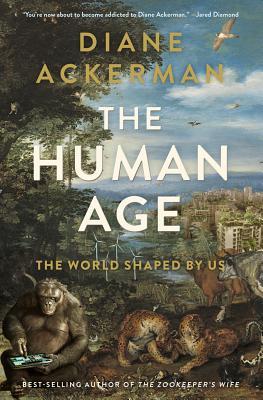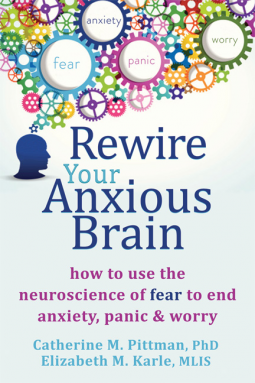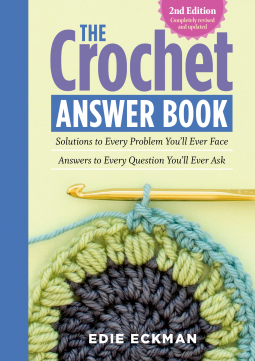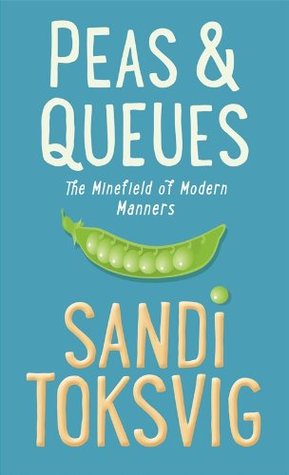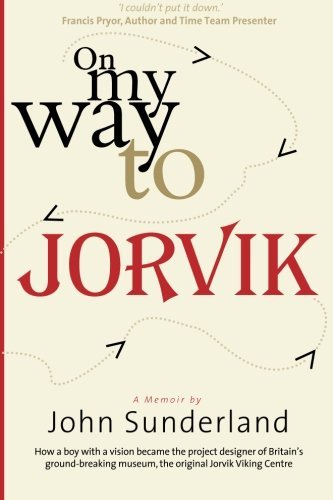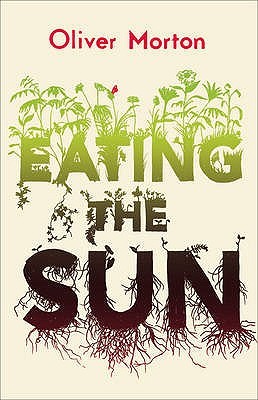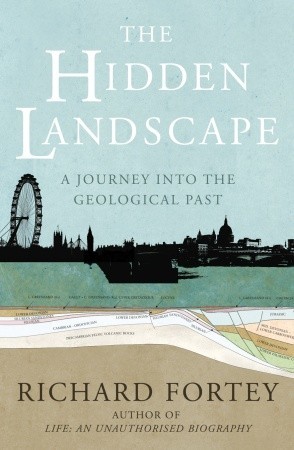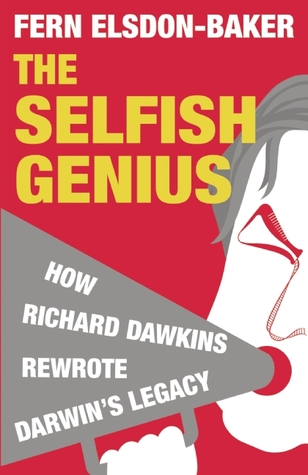Posting this old review since the book is a Kindle Daily Deal today!
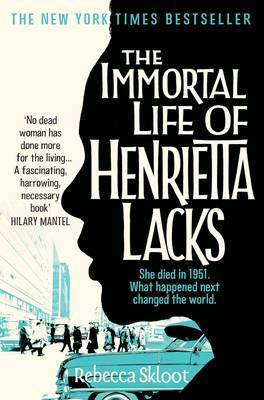 The Immortal Life of Henrietta Lacks, Rebecca Skloot
The Immortal Life of Henrietta Lacks, Rebecca Skloot
I’ve wanted to read this book for a long time. Cancer scares me silly, so it’s not something I was able to do for a while, but I finally got round to it today. And in perfect time, because today I was an event marshal at a charity event raising money for cancer research, and tomorrow I’m running in that same charity event to raise money myself. (This seems an opportune moment to point at my fundraising page. Here.) I’m wearing a t-shirt tomorrow on which I’ve written the names of people who’ve died of cancer — my grandparents among them, but including people I’ve never known, people I’ve never even heard of. In fact, you can contribute names yourself in the comments to this review, if you like. Anyway, HeLa/Henrietta Lacks is the only one given special treatment, written larger than the others. Without ever knowing, she has contributed the most to cancer research and indeed to medical research of anyone living or dead. Rebecca Skloot’s book is important because it seeks to unearth what little information remains about the real Henrietta — a young black woman with cervical cancer — and how her legacy has affected the world, including her children.
Reading the one-star reviews, there’s a lot of concern about Skloot’s choice to document her personal activities in the search for HeLa, and the fact that she’s profiting from this story while pointing out the injustice of the fact that Henrietta Lacks’ children do not even have medical insurance. I’m not sure myself why she couldn’t outright give money from the profits on this book to the family, but she has set up a foundation. Most important is the fact that in writing this book she had the permission and cooperation of the family, who read the book in draft form and approved it. Deborah Lacks, Henrietta’s daughter, repeatedly asks for this book to be written just as it is, telling the full truth about the family.
Skloot documents first the process of discovering the HeLa cell line’s potential, and moves on to the contributions made to scientific knowledge because of it. Slowly, her focus expands to examine the legacy of HeLa for the family, and the effect upon them. It’s pretty shocking reading, because this family was completely taken advantage of. Laying aside any ethical debate about whether the cells belonged to them and whether they could or should profit from them, they didn’t even understand what was happening. Nobody bothered to explain to them, even while taking samples from them to compare to the HeLa cells.
I don’t think this book is perfect, but it certainly succeeded in opening a dialogue. Maybe we should never have known who HeLa was — her genetic code has been published, arguably violating the privacy of her descendants too — but now we do know, questions about the race and class issues surrounding the family need to be asked. And judging from what the Lacks family are now doing in terms of talking about Henrietta, giving talks and so on, I think Skloot did a great thing.
There is a lot about the author herself in this book, because it was a personal journey; whether that’s to some degree appropriative is a good question to ask, and one I don’t feel I can answer.
Rating: 5/5
